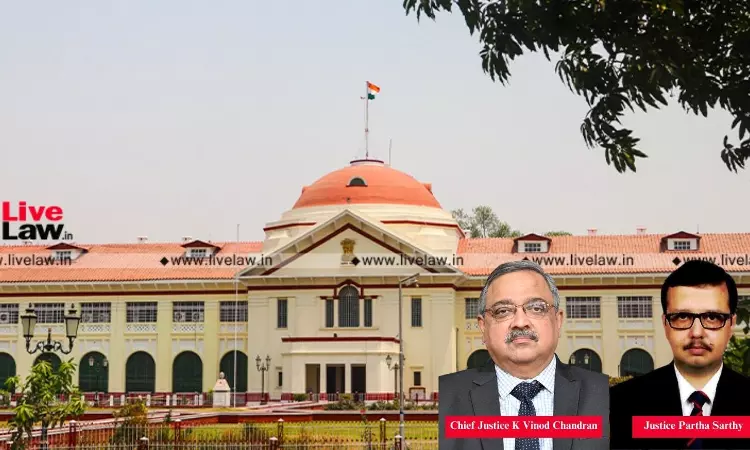Bihar Entry Tax Act | Adjustment Of Entry Tax Paid On Damaged Cement Against VAT Liability Not Admissible: Patna High Court
Bhavya Singh
28 Dec 2023 1:15 PM IST

Next Story
28 Dec 2023 1:15 PM IST
In affirming the directive of the Commercial Tax Tribunal, the Patna High Court ruled that the adjustment of entry tax paid on damaged cement is not permissible under the Bihar Tax on Entry of Goods into Local Areas for Consumption, Use, or Sale therein Act, 1993. The court reiterated and upheld the tribunal's decision, reinforcing that the provisions of the aforementioned act do not allow...
